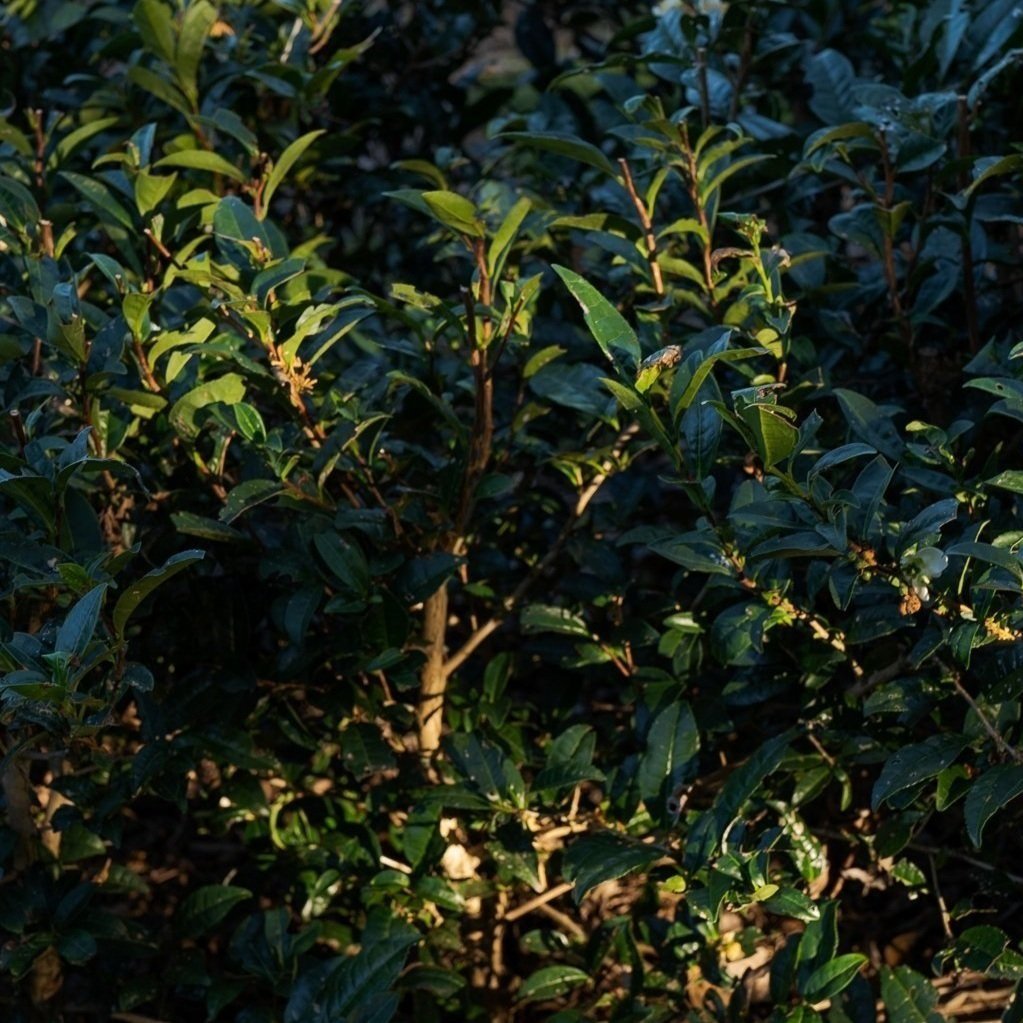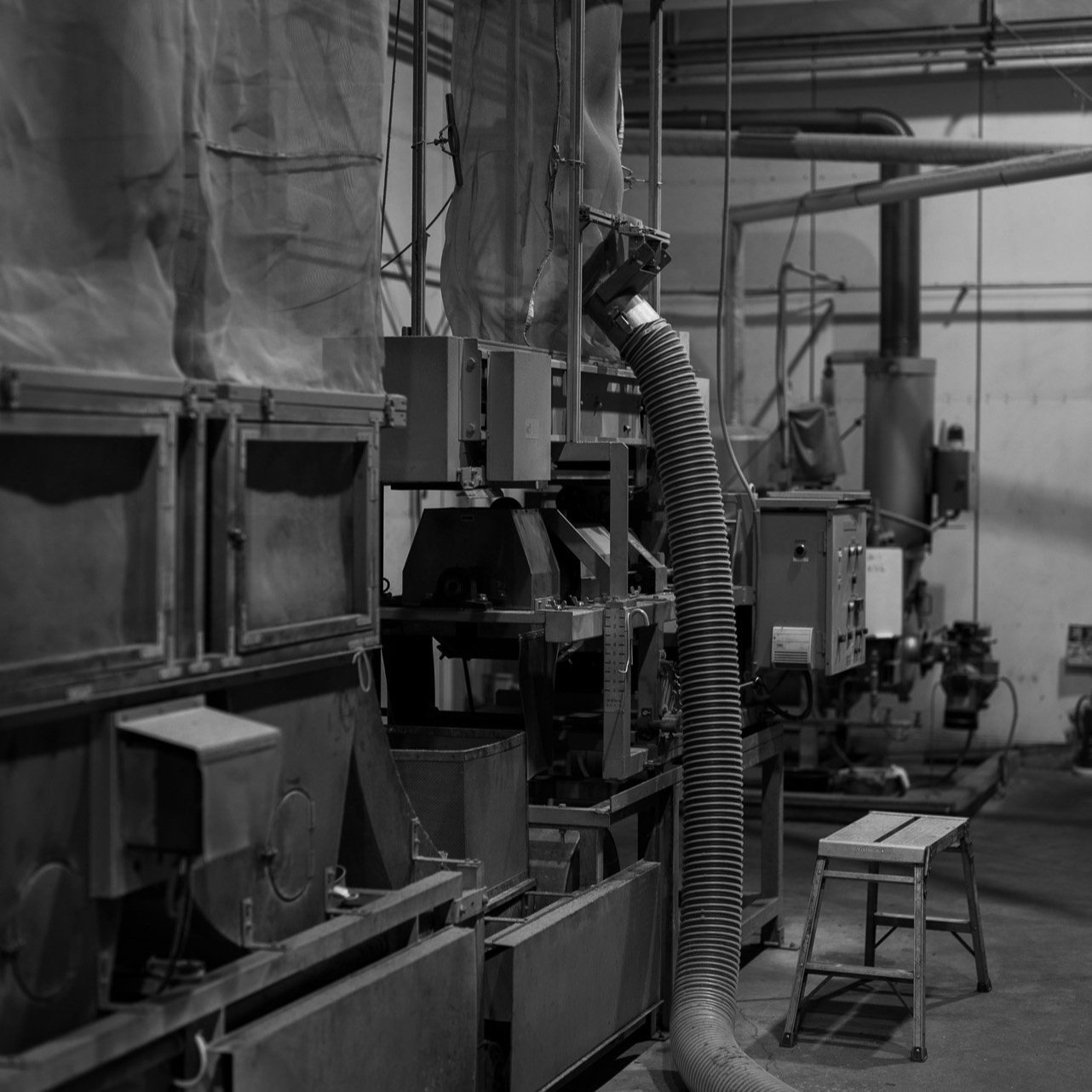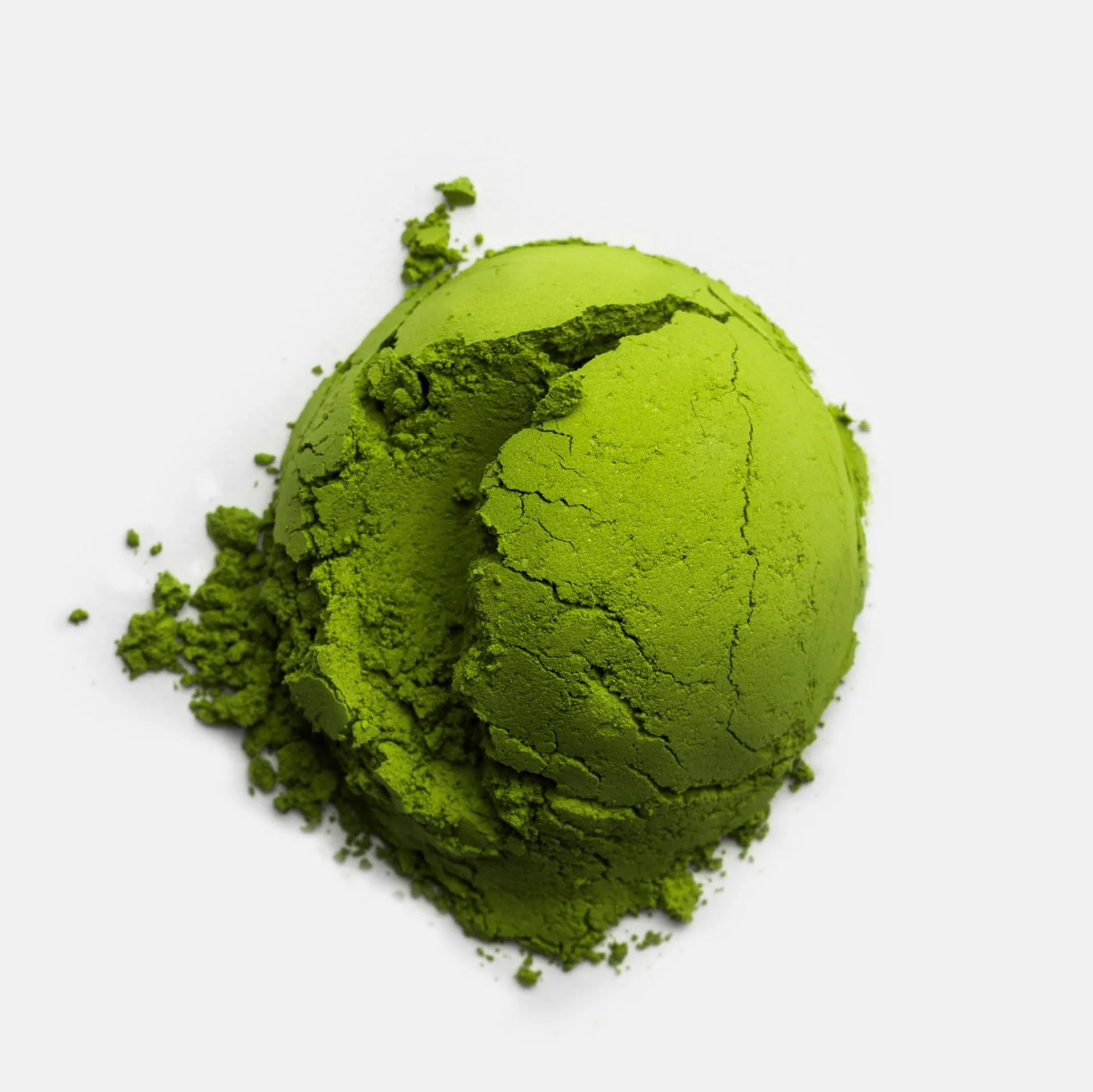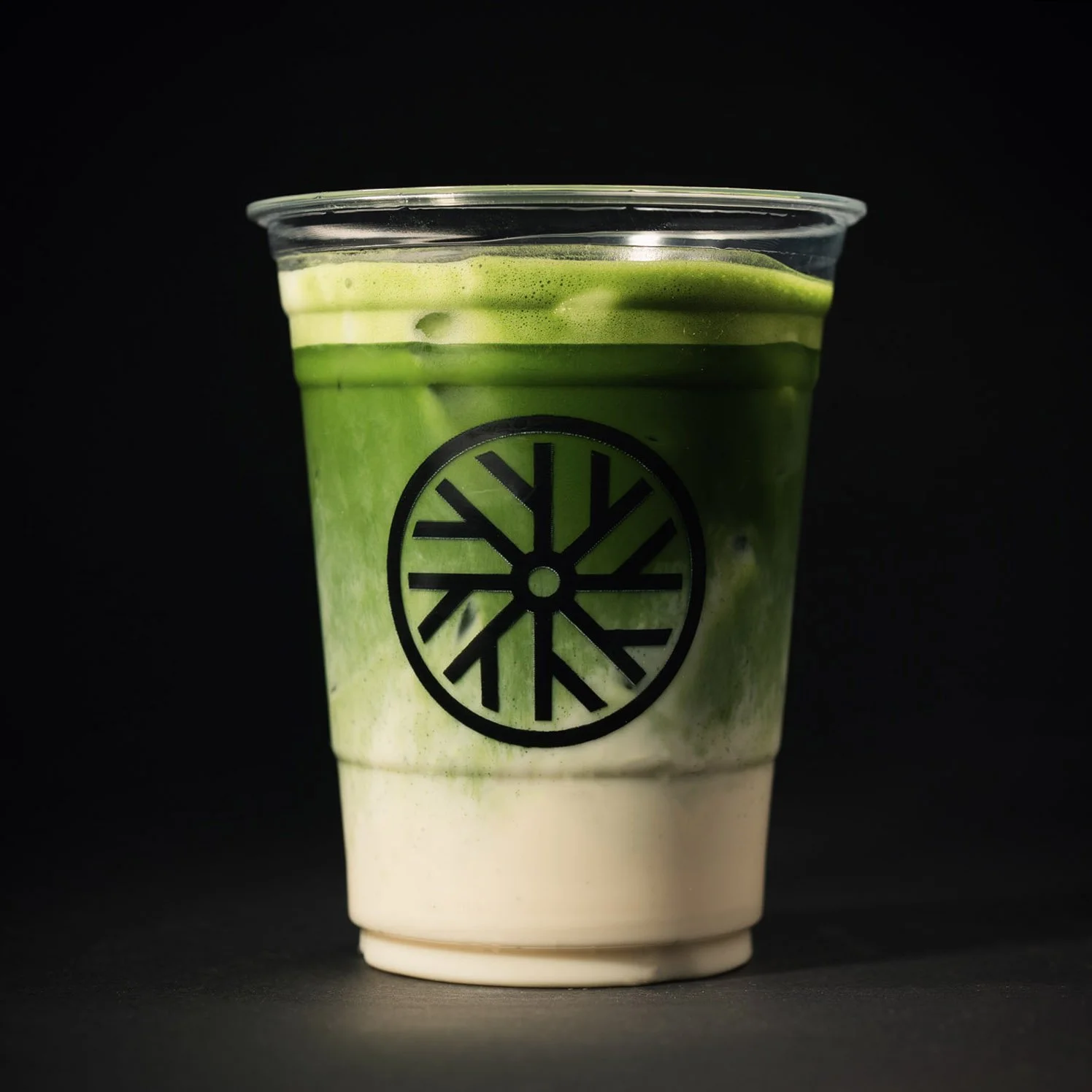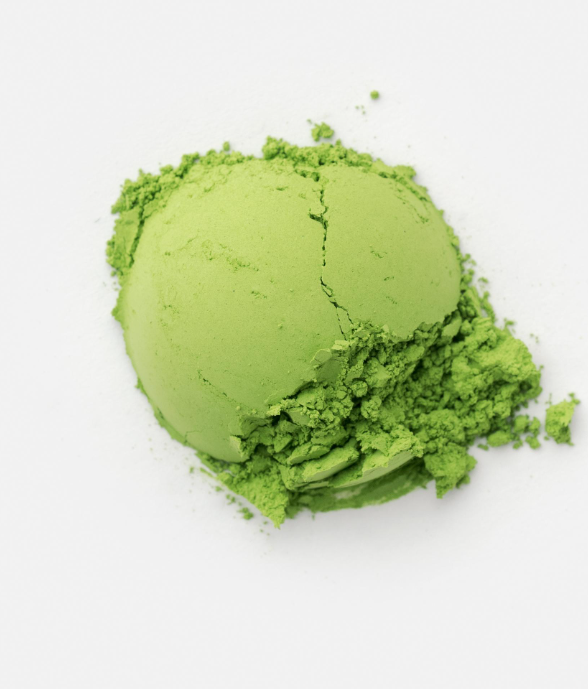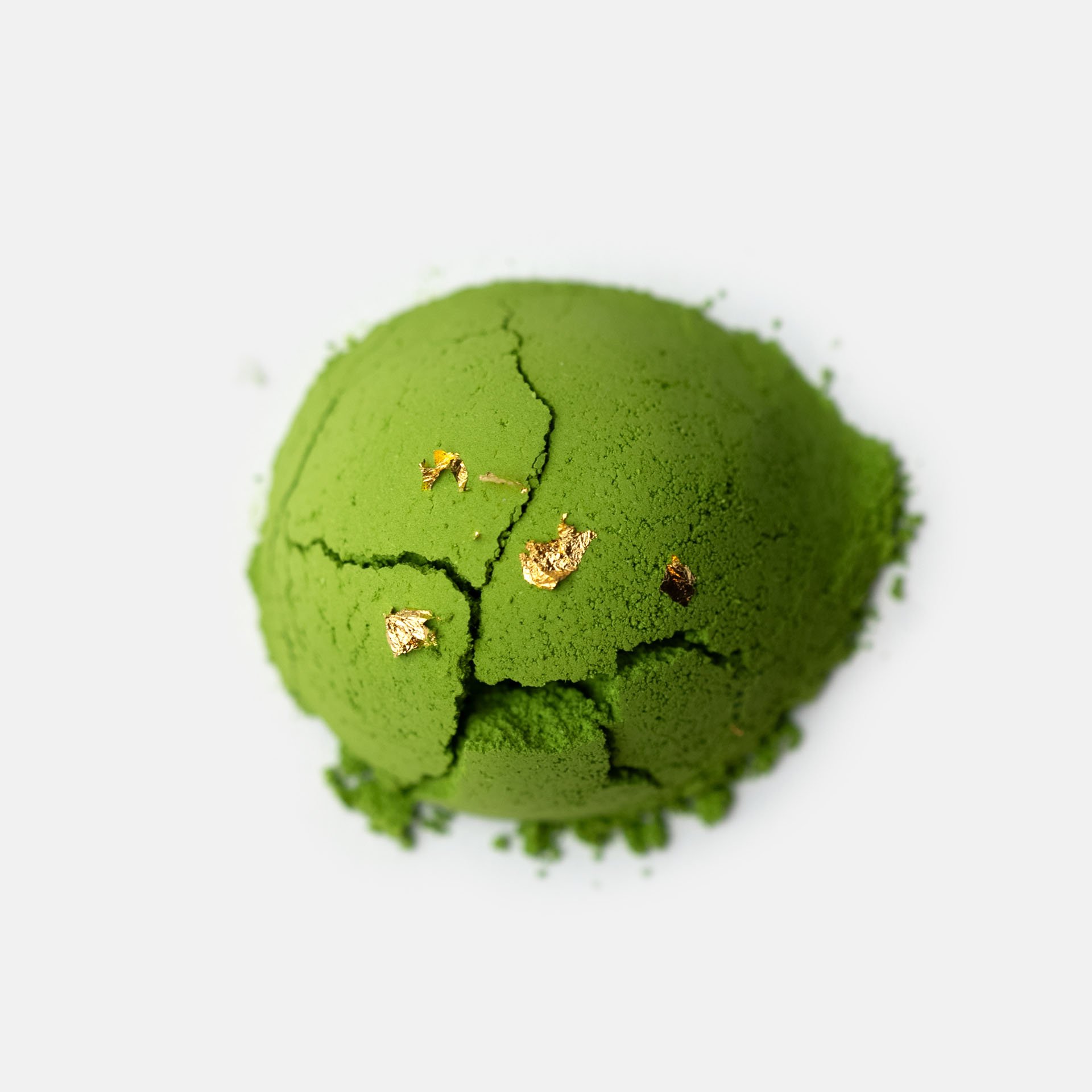About this Matcha
Experience Japan’s most popular tea cultivar, the Yabukita (やぶきた) known for its delectable richness and punchy forwardness. The directness of Yabukita is often tamed with softer cultivars such as Samidori as part of a blend. Here it stands alone with all its vitality.
Layered above the traditional Yabukita tones is a puckering raspberry note which comes from the unique drying process the tea leaves went through at the secret tea processing facility located somewhere in the Tenryu (天竜市) mountain chain.
In Japanese, 面白い means “interesting,” “curiosity-inducing” or “amusing.” I could think of no better word to describe this Matcha: made from a common cultivar, processed in a highly rare facility. Its brightness is indeed amusing, with a pointy texture not unlike the shape of the Yabukita leaf itself.
The aftertaste is fluid. It begins are a balanced bitterness that fades into a graceful umami, before settling into an airy sweetness. All of this is layered through Yuzu. Some Matcha is deep and expansive like the ocean. In this case, it’s formless, light, and shifting like the air and sky – only reinforced by the mountainous region the tea was processed at, Tenryu (天竜市) or “Sky Dragon.”
-
Yabukita (やぶきた) Kurasawa Shizuoka Hattori Matcha is a fascinating comparison of the common and the rare. Common, in that Yabukita (やぶきた) is Japan’s most popular cultivar (over 97% of all tea plants in Shizuoka prefecture are Yabukita.)
The Yabukita (やぶきた) cultivar itself has a pleasant taste, though can be fairly sharp, and its color can be sometimes lacking. For these reasons and more, Yabukita (やぶきた) is used as the base of most Matcha, with other cultivars blended in to round out the inherent flaws.
As far as the rare: it’s because this very common tea cultivar was processed in one of Japan’s most coveted Tencha processing factories. (Tencha is the unground version of Matcha.) Its location is a closely guarded secret, but it’s somewhere in the pristine Tenryu (天竜市) mountains, where plumes of fog settle down into valleys rich with clear, teal rivers.
The factory sits on the edge of a cliff, where it siphons the water up directly from the river. The freshwater is then used to process the tea into tencha. The water from these mountains is wonderfully pure as few people actually live in the mountains. The slow-moving water also functions to pick up and carry minerals and nutrients downstream.
The processing is uncommon for Tencha: the tea goes through the large brick oven a total of four times instead of the standard three. According to Hattoriさん, this results in a superior product as the Tencha will have a stronger, longer lasting, and different fragrance. We found this to be accurate!
Thus we have something fairly clever: a very common cultivar of Matcha grown in Kurasawa, Shizuoka, and processed in a secret facility somewhere in the Tenryu (天竜市) mountains.
-
To make a fresh and smooth bowl of Usucha or Koicha, follow our brewing instructions.
-
Long-term Storage: Store unopened Ooika Matcha in the refrigerator. Consume within 6 months.
Room-Temp Short-term Storage: Store opened Ooika Matcha in a cool, dark place away from sunlight. Consume within 3 months.
Refrigerator Short-term Storage: Opened Matcha can be stored in the refrigerator to help maintain freshness, however, the Matcha is at risk of condensation when cooler than ambient air. For this reason, if you choose to store an opened Matcha in the refrigerator, be sure to take the Matcha you need and then immediately place it back in the refrigerator to minimize exposure to the warm air.
Ochairinikki (御茶入日記)
Category Green tea (お茶) |
Subcategory Kabusecha (かぶせ茶) |
Grade Ceremonial |
Terroir Kurasawa, Shizuoka |
Vintage 2022 |
Cultivar Yabukita (やぶきた) |
Harvest Method Machine Harvested |
Shading Style Kanreisha (Double-Layered) |
Shading Duration 30 days |
Milling Ishi-Usu (石臼) Stone-Milled by Ooika |
Packaging Cold-stored, oxygen-free bag |
Use Usucha, Koicha |
Hattoriさん
A 4th generation tea farmer, Hattoriさん reminisces about playing in mountain tea gardens behind his father’s farm.
His farm and processing facility runs on solar power, uses only organic fertilizer, and uses no pesticides.
The Secret Tencha Facility
Hattoriさん is also one of the three partners responsible for one of Japan’s most desirable Tencha processing facilities.
This facility's location is a closely guarded secret. All that’s known is it’s located somewhere in the Tenryu mountain range.
This Matcha was processed at this secret factory.
Visiting the Tenryu Mountain Terrior
Most tea from Shizuoka is mass-produced, commercial-grade tea grown on larger, flat plantations. Though artisan and highly desirable tea in Shizuoka also exist.
The Tenryu Mountain chain, or Sky Dragon, is located in Shizuoka and is known for excellent tea, and even hosts a secret tea processing facility.
The rivers are teal and opal, with rich clouds that swirl down the ravines.





